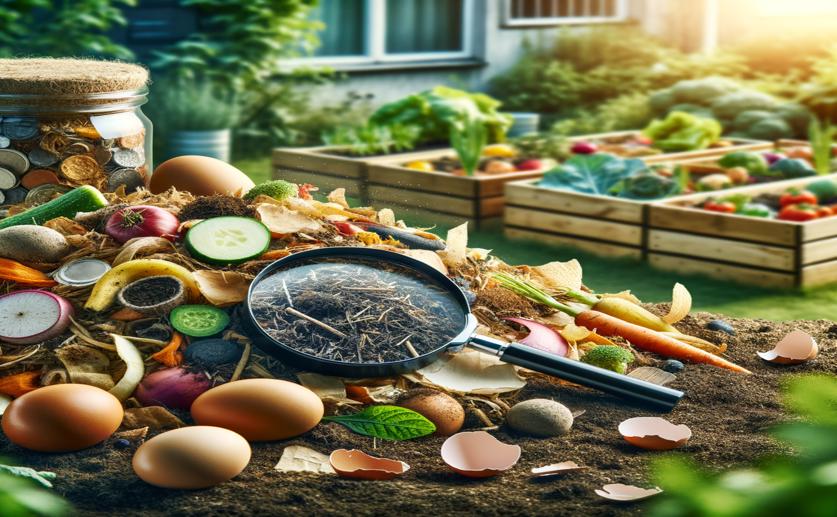
Improving Urban Gardens with Compost: Analyzing Soil and Vegetable Nutrients
Jim Crocker
11th July, 2024

Image Source: Natural Science News, 2024
Key Findings
- The study in Vienna, Austria, found that radishes tend to accumulate contaminants in their root tips and leaves
- Washing lettuce significantly reduces potentially toxic elements, highlighting the importance of washing garden produce before consumption
- Compost amendments reduced levels of zinc, cadmium, and lead in radish bulbs, suggesting compost can help mitigate soil contamination
VegetablesAgricultureEnvironment
References
Main Study
1) Compost amendment in urban gardens: elemental and isotopic analysis of soils and vegetable tissues.
Published 10th July, 2024
https://doi.org/10.1007/s11356-024-34240-7
Related Studies
2) Urban vegetable contamination - The role of adhering particles and their significance for human exposure.
3) Urban kitchen gardens: Effect of the soil contamination and parameters on the trace element accumulation in vegetables - A review.
4) Managing health risks in urban agriculture: The effect of vegetable washing for reducing exposure to metal contaminants.
5) Soil contamination in community gardens of Philadelphia and Pittsburgh, Pennsylvania.



 24th February, 2024 | Jim Crocker
24th February, 2024 | Jim Crocker